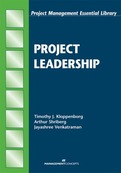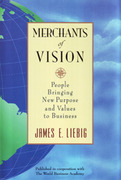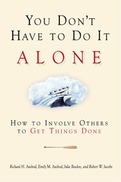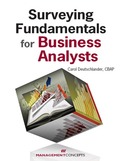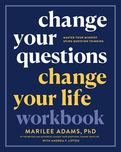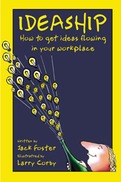2003
1994
In our time of dramatic worldwide change, can business leaders meet the challenges of the marketplace and the needs of people, communities, and the planet? Merchants of Vision profiles 40 business leaders who are successfully working to do just that.
James Liebig interviewed dozens of business women and men in 70 organizations from 14 countries. He found executives, entrepreneurs, CEOs, and consultants who recognize business's pervasive global influence and have found ways to use that influence to affect positive change in people's lives and meaningful growth in their businesses. In Merchants of Vision they share their beliefs, experiences, and creative actions.
Visionary yet down-to-earth, these real-life portraits provide viable business strategies for:
o enhancing social equity,
o protecting the natural environment,
o fostering human creativity,
o serving higher purposes, including spiritual, service, and community values,
o behaving ethically,
o providing transformational leadership.
Representing a variety of business enterprises in the United States, Latin America, Europe, and Asia, innovators profiled include, for example:
o Elliot Hoffman, president of Just Desserts in San Francisco;
o Jacqueline Cambata, president of Phoenix Chemical in Virginia;
o Mara Adela Palcos, director of Rio Abierto Institute in Buenos Aires;
o Marjorie Kelly, editor and publisher of Business Ethics magazine;
o Eckart J. Wintzen, president of BSO/ORIGIN, computer custom software services in The Netherlands;
o Joe Jaworski, head, Business Environment Section, Shell International Petroleum Co. Ltd., in London, England;
o Jagdish Parikh, managing director, Lemuir Group of Companies in Bombay, India;
o Carol Frenier, president, The Advantage Group, Inc., specialty advertising in Vermont;
o Meryem Le Saget, directeur, Institut de L'Expansion, Group Expansion, business seminars and conferences in Paris, France;
o Heini Lippuner, chairman, executive committee, Ciba-Geigy Limited, chemical manufacturing in Basel, Switzerland;
o Robert V. Adams, president of Xerox Technology Ventures in California.
These are people of action and integrity who sustain themselves with the creative friction between their idealism and their knowledge of the real world. Their experiences-addressing issues of personal responsibility and product quality, expanding markets and shrinking natural resources, technological advancement and cultural preservation-reveal ways businesses must adapt to survive, thrive, innovate, and lead.
- Published in cooperation with the World Business Academy, an international network of progressive business leaders committed to using their business expertise to make a positive difference in the world
- Practical and inspiring portraits of 40 business men and women "walking their talk" by integrating their ideals in the world of commerce
What kind of involvement is needed?
How do I know who to include?
How do I invite people to become involved?
How do I keep people involved?
How do I finish the job?
The answers to these questions serve as a guide to finding the right people and keeping them energized, enthusiastic, and committed until the work is completed. Real life examples from corporations, government, and nonprofits illustrate the process in action. You'll learn to involve others in a way that will actually make your work easier, resulting in less stress, better ideas, and more successful outcomes.
In the bestselling classic, Change Your Questions, Change Your Life, Dr. Marilee Adams introduces Question Thinking, which shows how you can change your questions and your mindset for the most successful outcomes. This workbook puts those original ideas into action and makes them easy to implement.
In this workbook you get to choose an area of your life that you want to improve and then apply the principles and practices of Question Thinking to experience the benefits of this system firsthand. At the center of this work is the Choice Map, which helps you recognize the likely impact of the questions you ask. This book provides tools, warm-up exercises, somatic practices, and learning scenarios that bring the practical applications of Question Thinking into your professional and personal life. Thoroughly engaging, it includes how the Question Thinking protocols can help you switch from a controlling Judger Mindset to a flexible Learner mindset and learn how to facilitate more effective meetings and conversations.
Although this workbook can serve as a companion to the bestselling book, it has been designed to stand on its own. In the book, the fable's hero undergoes a transformative journey by using Question Thinking, and this workbook helps readers undergo a similar transformation.
2001
- Sequel to the bestselling How to Get Ideas (more than 40,000 copies sold)
- Introduces a revolutionary concept of leadership: a leader's most important tasks are to make employees believe that they are creative and make it fun to come to work
- Short, simple, and fun to read with dozens of proven, easy-to-implement techniques that will make employees more creative


